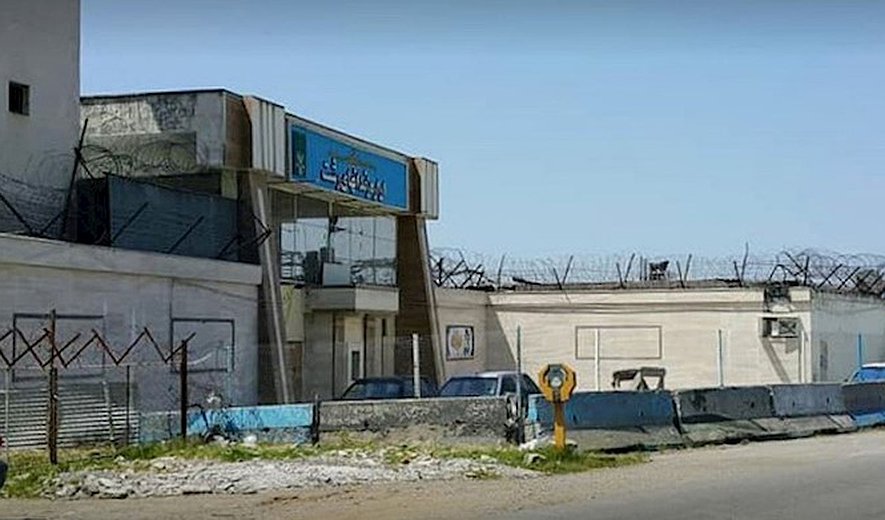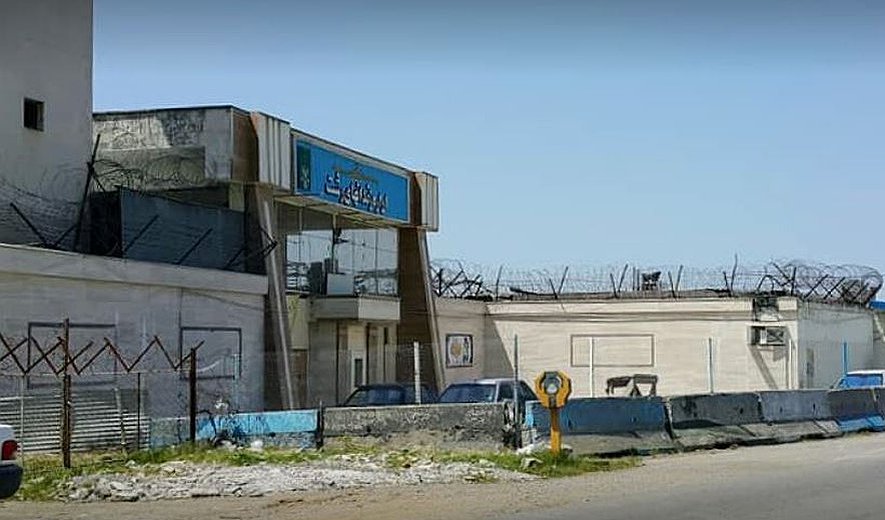Ebrahim Karimi Executed for Murder in Rasht

Iran Human Rights (IHRNGO); June 9, 2022: Ebrahim Karimi, a man whose daughter and co-defendant, Maryam Karimi was hanged by her own daughter last year, was executed in Rasht Central Prison. Two others were also executed at the prison that day.
According to information obtained by Iran Human Rights, a man was executed in Rasht Central Prison on 2 June. His identity has been established as Ebrahim Karimi who was sentenced to qisas (retribution-in-kind) for the murder of his son-in-law with his daughter, Maryam Karimi.
Informed sources previously told IHRNGO: “This father and daughter don’t have anyone, they had killed her husband who was abusive, physically violent and wouldn’t consent to a divorce. The father who had no other way of saving his daughter, helped her in killing him.”
Maryam’s daughter was six years old at the time and was raised by her paternal grandparents, who for 13 years told the child that both her parents were dead. A few weeks prior to Maryam and Ebrahim’s scheduled executions, the grandparents told Maryam’s daughter what happened to prepare her psychologically.
The father and daughter were transferred for execution after saying goodbye to each other in February 2021 but their execution was delayed by judicial officials and they were returned to their cells.
In the early hours of 13 March 2021, Maryam was hanged in Rasht Central Prison. Her daughter personally carried out her execution. Ebrahim was spared execution for unknown reasons but was brought in to see his daughter’s lifeless body hanging on the noose. Over 14 months later, he has also now been executed.
Iran Human Rights had also previously reported the executions of Farhad Ramezanian and Behnam Khanjani on 2 June in Rasht Central Prison, bringing the number of executions at the prison that day to three.
At the time of writing, none of their executions have been reported by domestic media or officials in Iran.
According to data gathered by Iran Human Rights, at least 183 people were executed on murder charges in 2021. Those charged with the umbrella term of “intentional murder” are sentenced to qisas (retribution-in-kind) regardless of intent or circumstances due to a lack of grading in law. Once a defendant has been convicted, the victim’s family are required to choose between death as retribution, diya (blood money) or forgiveness.


